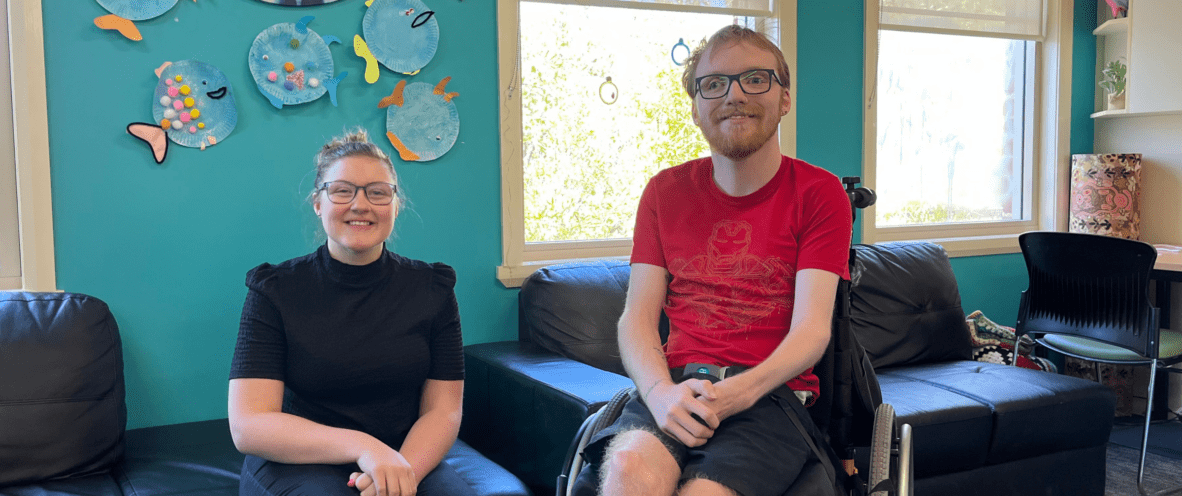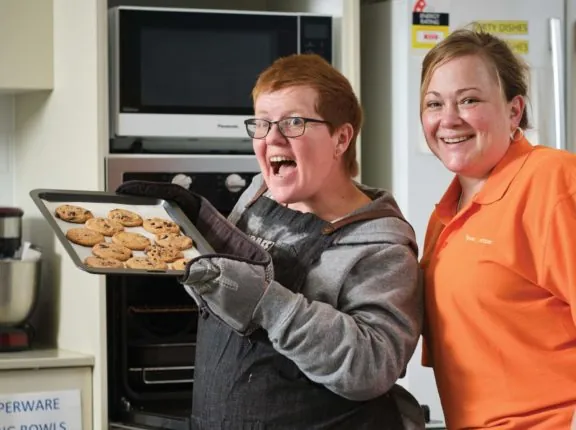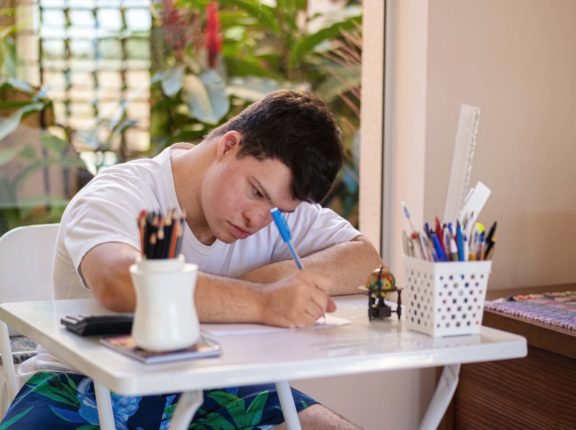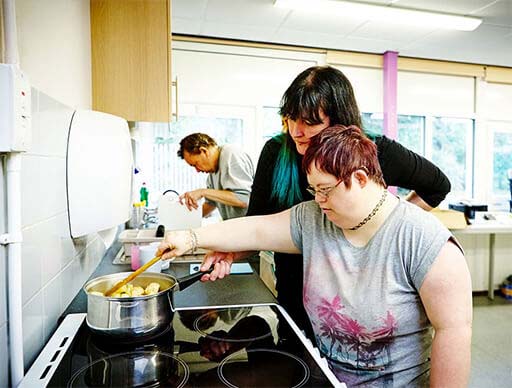Today is World Cerebral Palsy Day, dedicated to celebrating and raising awareness of the 17 million people worldwide who live with cerebral palsy. This complex physical disability affects movement, balance, and posture and is usually caused by an injury to the developing brain during pregnancy or shortly after birth.
While there is currently no cure for cerebral palsy, there are many treatment options to assist with problems associated with the condition such as physiotherapy, medications, and surgeries.
Meet Abbey and Mitch
To gain insight into what living with Cerebral Palsy is like, we spoke with Abbey and Mitch.
Abbey is currently completing an Admin Traineeship with LiveBetter as part of her Certificate IV in Business Administration. If you were to walk into the LiveBetter office in Bathurst, Abbey would be the first smiling face you see. At just three days old, Abbey was diagnosed with cerebral palsy “I’ve basically had it all my life and just really everything that comes with that. I don’t know any different. I try to complete every task to the best of my ability. I’ve got a job, I like to go to the gym and swim, and I almost made it to the Tokyo Olympics!”
Mitch receives individual community access from LiveBetter and also attends social groups on Friday nights. Mitch, who received his diagnosis of cerebral palsy at five weeks old, was initially told by doctors that he “wouldn’t walk, wouldn’t talk, wouldn’t move. I would just be there. However, with the support of his family and community, Mitch has come a long way. “I still make the most by going to the gym and doing many things that an everyday person would do. I just have learned to adapt it to my abilities.”
Mitch is also an avid simulation racer. He approached the admin of the league he is involved in about how he only has use of one hand, which made driving more difficult. After this discussion, a few changes were made to make it easier for Mitch and others like him to enjoy his favourite hobby.
Cerebral Palsy is the most common physical disability in childhood with 1 in 700 Australian babies diagnosed. Some of the most important advice that Abbey wanted to share is that “we’re just like everyone else. You don’t have to be scared or shy, or that we just like to be treated like everybody else.” If you would like to read more about World Cerebral Palsy Day and access resources visit https://worldcpday.org/



